
Wine & spirits
The geographical indications on the table this summer
What are geographical indications (GIs) and why do they matter? Inspired by his summer barbecue, Matteo Mariano explores some of the GIs that protect food and drinks.
Keep up to date by subscribing to our newsletter Perspectives.

What are geographical indications (GIs) and why do they matter? Inspired by his summer barbecue, Matteo Mariano explores some of the GIs that protect food and drinks.

From 1 December 2025, EU producers who make traditional products from a specific region can obtain the same legal status and protection as EU producers of agricultural products, wines and spirits. Volha Parfenchyk introduces the new EU protected Geographical Indication (GI), what it covers and the process of registration.
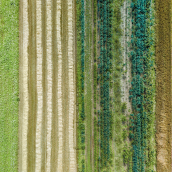
Negotiators from the European Parliament and the Council of the EU have reached a political agreement on the reform of EU Geographical Indications for agricultural products, wines and spirits. Florence Chapin outlines its implications.
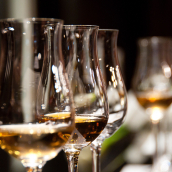
The first successful application under the UK Geographical Indication (GI) scheme has recently been granted to Welsh Whisky. Protection for this product has been brought about by the surge in its popularity and the expansion of the industry in recent years.
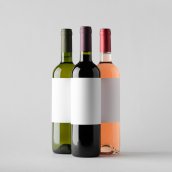
From producer to grape variety, vintage and alcohol level, wine labels can tell you a lot about the wine you are about to drink. Depending on the origin of the wine, certain mandatory wine labelling requirements apply.
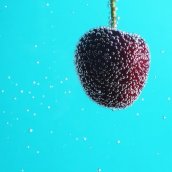
Such has been the success of hard seltzers in the past five years, their consumption has now overtaken that of many strong beers and spirits in homes in the US and other countries worldwide. But, what are hard seltzers and why has this popular drinks craze fallen foul of global regulators? Florence Chapin provides the answers.
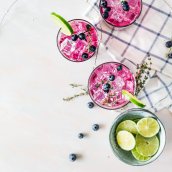
We celebrate World Gin Day (11 June) by examining the intellectual property considerations surrounding the popular spirit.

In its unequivocal refusal of 'The Van Gogh' EU trademark application, the European IP Office (EUIPO) has confirmed its previous rulings on the likelihood of confusion between 'fruits extracts, alcoholic' and 'alcoholic beverages’, as Clémence Guilbert explains.
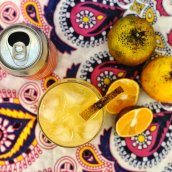
The popularity of no and low alcohol 'sin-free' beverages is raising interesting questions for brand owners, says Vanessa Harrow.